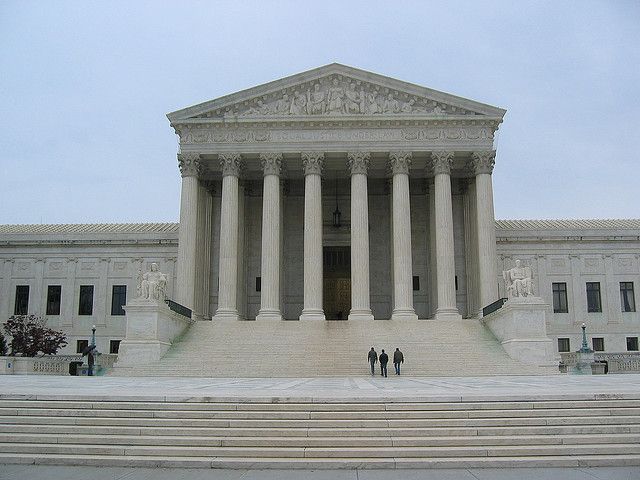Legal Topics

Dealing with Consumer Fraud
All consumers have the legal right to be protected from fraudulent business practices and marketing scams. Consumer law is the field that specializes in laws and court rulings that define the relationship and obligations between businesses and customers.
According to Law.com, fraud is "the intentional use of deceit, a trick, or some dishonest means to deprive another of his/her/its money, property, or a legal right."
One way in which a business can defraud its consumers is through false pricing, either by claiming the price is lower than actually marked or by offering a product or service for free while attaching a list of additional costs to obtain said product or service. Another method is false advertising, which misleads or outright deceives consumers about the actual product quality.
In the Information Age, fraud is much more prevalent and personally targeted due to widespread access to phones and the Internet. Telemarketing scams, for instance, use cold calling and outrageous claims to solicit personal and financial information from unsuspecting individuals. Online scammers can also steal information from a user's response to commit identity theft, or fraud under that person's name and account.
The FBI has created a page about detecting consumer fraud, most often through online and telemarketing scams. In most cases, the people behind such scams will request a person's credit card, bank account, or Social Security number. It's also a common trait that the company they claim to represent has little to no information available about its practices, or has been marked for fraudulent acts by the Better Business Bureau.
If you feel that you have been deceived about a product or service, or if you have had your information stolen in the course of a transaction, you have options for filing a consumer fraud complaint to the authorities. One method is to file your complaint with the Better Business Bureau. You might also consider contacting your local FBI office and making use of their tips for detecting and avoiding common acts of fraud. Finally, because the Federal Trade Commission handles all business-related legal matters, you have the right to file a complaint with the FTC Bureau of Consumer Protection. However, in such a case, the FTC will not take steps to resolve an individual case of fraud, but use multiple complaints from different consumers to create a pattern and a case for prosecution.
If you wish to file a suit against a company for fraud, you'll need to find a lawyer who handles consumer fraud cases. You might consider the National Association of Consumer Advocates or sites like FindLaw.com as a resource.
Image by Adam Fagen on Flickr
Current Topics
1. AI ChatGPT Tools in Artificial Intelligence for Lawyers
The world of law is evolving at a pac...
2. What Are the Employment Laws Protecting Worker Rights?
In contemporary jobs, it...
3. Financial Resilience Explained for Stability & Success
Money is so cumulative i...
4. What Are Gig Economy Jobs? Legal Rights You Must Know
The way people work has changed drama...
5. Rights & Mediator's Role in Pregnancy Child Support 2025
The first idea that will come to the ...
6. Digital Courtrooms: VR Evidence & Remote Trials in 2025
Once upon a time, courtrooms were all...
7. How to Find a Good Lawyer Made Simple for Beginners
The first question that ...
8. What Is B Corp Certification & Why Law Firms Want It In 2025
In 2025, impact matters....
9. Key Legal Insights on Division of Property in Divorce
Divorce can be a tough t...
10. Post-Dobbs Abortion Laws: What Women & Providers Must Know
In June 2022, the U.S. S...
